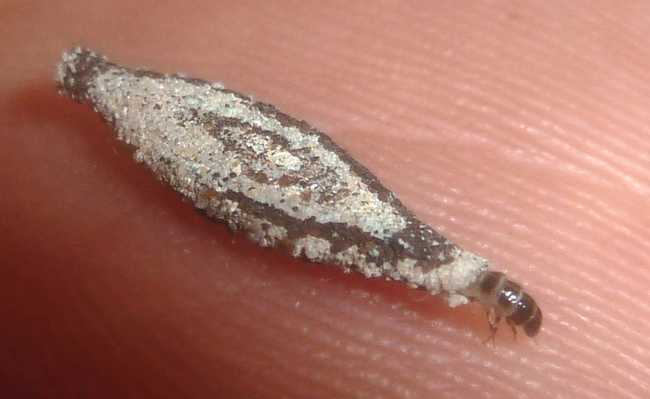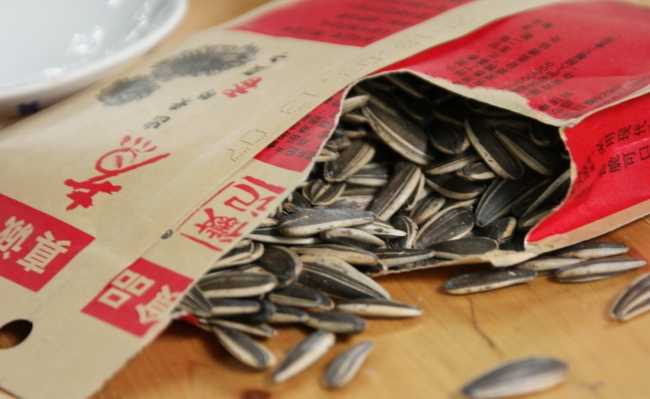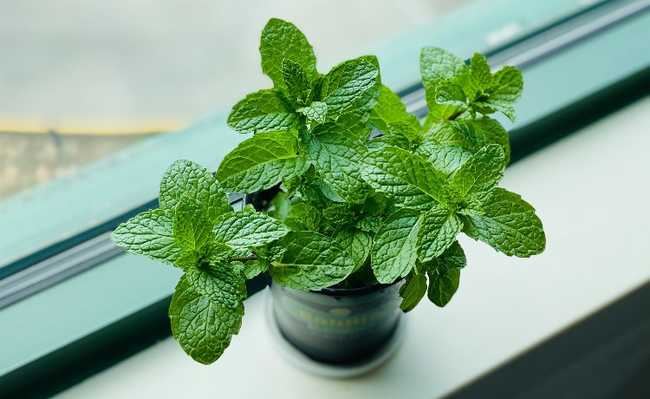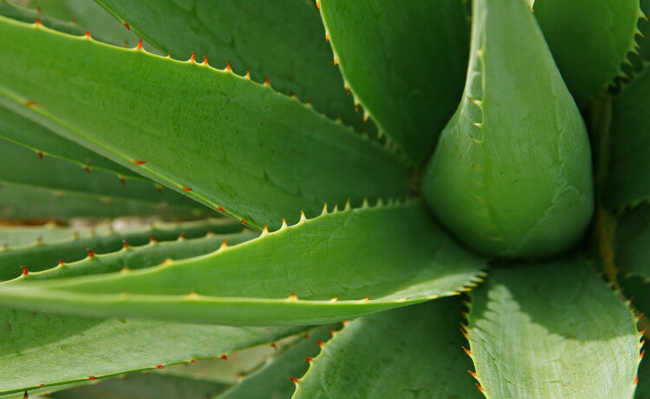Moringa oleifera has incredible benefits
In addition to being nutritious, the moringa oleifera serves to reduce water toxicity
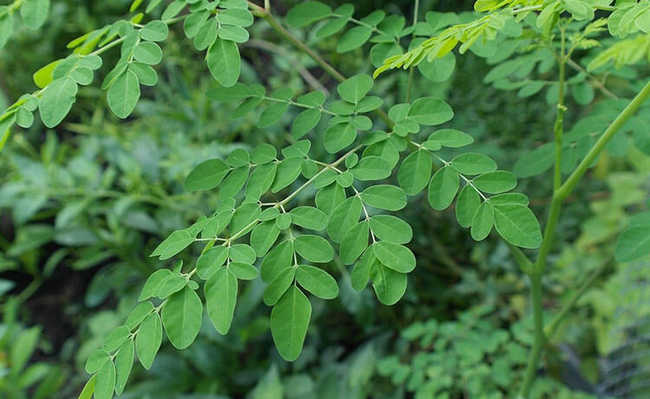
Image of Iskandar Ab. Rashid by Pixabay
Moringa oleifera is a tree native to parts of India, Pakistan, Bangladesh and Afghanistan and is widely cultivated in Central America and parts of Africa. Moringa oleifera is the scientific name of a plant in the family Moringaceae, popularly known as moringa, white wattle, horse radish tree, cedar, moringueiro and okra.
In Cape Verde, moringa oleifera is known as akasia-branka; in Timor, as strawberry; and, in India, as moxingo. The tree itself is not very robust, but it does develop branches that grow to about ten meters in length and can reach up to 12 meters in height. Its main wealth is in the high nutritional value of its leaves and fruits. Moringa oleifera grows quickly and does not need much water, which makes it easy to grow.
- How to plant rosemary?
Virtually every part of moringa oleifera is edible - the leaves, roots, immature seed pods, flowers and seeds. Moringa oleifera oil is extracted from the seeds of the plant and can be used on the skin and hair. Once the oil has been extracted from the oleifera moringa, the seed hull can be used for a water purification process called flocculation.
Some edible parts of the tree can be harvested in the first year of planting. Moringa oleifera is an important source of nutrition and trade in countries where it can be grown.
- Moringa: plant purifies water and fights hunger
Several studies - including one from Texas and one from Pakistan - have cited moringa oleifera's anti-ulcer, antioxidant, anti-hypertensive, and analgesic properties. Researchers say that the components of the leaves - polyphenols, flavonoids, glucosinolates and alkaloids - have protective effects on the heart, liver, lungs, kidneys and, in men, the testicles.
Nutritionally speaking, a cup of moringa leaves has nearly two grams of protein and is a good source of vitamins A and C.
Although moringa oleifera is not common in supermarkets, you can often find moringa leaves and pods in specialty markets.
What is the use of moringa oleifera and its benefits
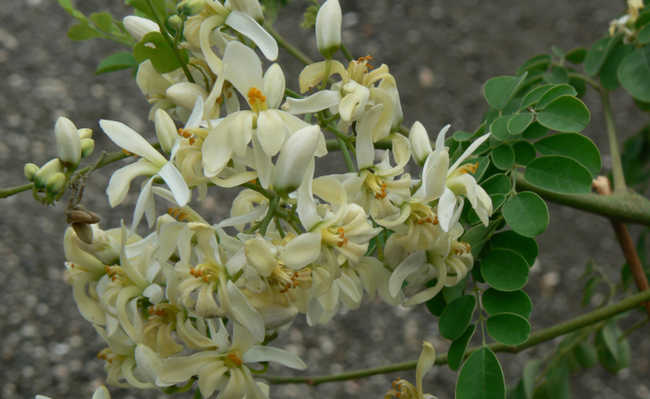
Edited and resized image by Dinesh Valke, available on Flickr
Moringa oleifera leaves are an excellent source of many vitamins and minerals. One cup of chopped fresh moringa leaves (21 grams) contains:
- Protein: two grams
- Vitamin B6: 19% of the RDI (Recommended Daily Intake)
- Vitamin C: 12% of the RDI
- Iron: 11% of the IDR
- Riboflavin (B2): 11% of the IDR
- Vitamin A (from beta-carotene): 9% of the RDI
- Magnesium: 8% of the IDR
- Vitamins: types, needs and times of intake
In Western countries, dried moringa oleifera leaves are sold as dietary supplements, powder or capsules. Compared to leaves, its pods contain less vitamins and minerals. However, they are exceptionally rich in vitamin C. One cup of fresh, sliced moringa oleifera pods (100 grams) contains 157% of the RDI of vitamin C.
The diet of people in the poorest countries sometimes lacks vitamins, minerals and proteins. In these countries, the Moringa oleifera it can be an important source of many essential nutrients.
- Foods rich in vitamin C
- What is vitamin C and why is it important?
- What are amino acids and what are they for
However, there is a downside: Moringa oleifera leaves can also contain high levels of antinutrients, which can reduce mineral and protein absorption (see studies on this here: 1, 2).
It is rich in antioxidants
Antioxidants are compounds that act against free radicals in the body. High levels of free radicals can cause oxidative stress, which is associated with chronic diseases such as heart disease and type 2 diabetes (see studies on this here: 3, 4).
Several antioxidant plant compounds have been found in the leaves of the Moringa oleifera (check studies about it here: 5, 6, 7). In addition to vitamin C and beta-carotene, moringa contains:
- Quercetin: powerful antioxidant that can help lower blood pressure (8, 9).
- Chlorogenic Acid: May help moderate blood sugar levels after meals (10, 11).
A study of women found that taking 1.5 teaspoon (seven grams) of moringa oleifera leaf powder every day for three months significantly increased levels of antioxidants in the blood. Moringa oleifera leaf extract can also be used as a food preservative.
- Diabetes: what it is, types and symptoms
- Antioxidants: what are they and in what foods to find them
Lowers blood sugar levels
High blood sugar can be a serious health problem. In fact, it is the hallmark of diabetes.
Over time, high blood sugar levels increase the risk of many serious health problems, including heart disease. For this reason, it's important to keep your blood sugar within healthy limits.
Several studies have shown that Moringa oleifera can help lower blood sugar levels.
However, most evidence is based on animal studies. There are only a few human-based studies (12, 13, 14).
A study of 30 women showed that taking 1.5 teaspoon (seven grams) of moringa oleifera leaf powder every day for three months reduced fasting blood sugar levels by 13.5% in average.
Another study of six people with diabetes found that adding 50 grams of moringa oleifera leaves to a meal reduced the rise in blood sugar by 21%.
Reduces inflammation
Inflammation is the body's natural response to infection or injury. It is a protective mechanism, but it can become a major health problem if it continues for a long period of time.
Chronic inflammation is linked to many health problems, including heart disease and cancer (15, 16).
Most whole fruits, vegetables, herbs and spices have anti-inflammatory properties. However, the degree to which they can help depends on the types and amounts of anti-inflammatory compounds they contain. Some researchers believe that isothiocyanates are the main anti-inflammatory compounds in the leaves, pods and seeds of moringa oleifera (17, 18, 19). But until now, research has been limited to animal and test tube studies.
- 16 foods that are natural anti-inflammatory
Reduces Cholesterol Levels
Having high cholesterol has been linked to an increased risk of heart disease. But fortunately, many plant foods can effectively lower cholesterol, such as flaxseed, oats, and almonds.
Animal and human studies have shown that Moringa oleifera may have similar cholesterol-lowering effects (20, 21, 22, 23).
- Benefits of Oats
- Learn how to make oat milk
Protects against arsenic toxicity
Arsenic contamination of food and water is a problem in many parts of the world. Certain types of rice can contain particularly high levels of arsenic contamination (24).
- Rice: which option to choose?
- Brown rice: fattening or losing weight?
Long-term exposure to high levels of arsenic can lead to health problems over time.
Studies have linked long-term exposure to an increased risk of cancer and heart disease (24, 25).
Several studies in rats and mice have shown that the leaves and seeds of Moringa oleifera may protect against some of the effects of arsenic toxicity (25, 26, 27).


